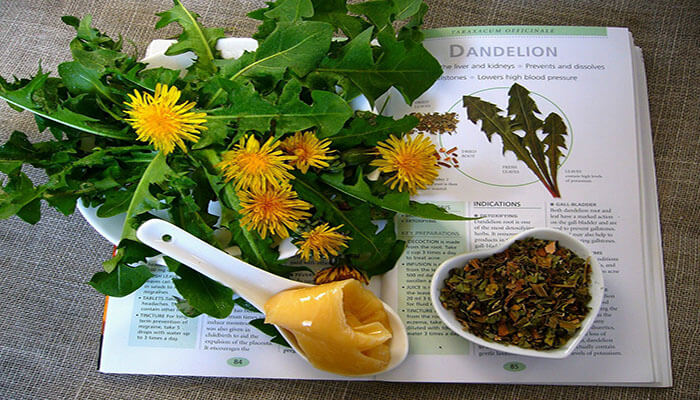Beware of Harmful Home Remedies
Filed under Home Remedies

Home remedies have been used for centuries as a natural approach to treat various ailments. While many of these remedies are effective, it is important to be cautious, as some homemade medications can do more harm than good. In this article, we will highlight several commonly used home remedies that can lead to adverse effects and should be avoided. It is always advisable to consult with a healthcare professional or pharmacist before trying any home or herbal remedy.
- Butter for Burns: Despite its historical use, applying butter to burns is not recommended. Contrary to popular belief, butter can actually trap heat and increase the risk of infection. It is best to seek proper medical treatment for burns instead.
- Paraffin (Kerosene): Using paraffin or kerosene to induce vomiting in children is a dangerous practice. Ingesting these substances can cause harm to the lungs and stomach. If a child has ingested something toxic, it is crucial to contact the National Poison Center at 800-222-1222 for immediate assistance.
- Castor Oil: Castor oil has long been used as a remedy for constipation. However, excessive use of castor oil as a stimulant laxative can damage the intestines and lead to dependence on its effects. It is important to use laxatives under the guidance of a healthcare professional.
- Herbal Aphrodisiacs: Be cautious when using herbal aphrodisiacs, such as Spanish Fly, as their potency can vary in unregulated supplements. Excessive consumption of any herbal remedy can have adverse effects on your body. Always exercise moderation and consult a healthcare professional if needed.
- Hydrogen Peroxide: While hydrogen peroxide is effective for cleaning wounds, it does not kill the bacteria that can cause infection. It should be used in conjunction with proper wound care and medical advice.
- Apple Cider Vinegar: Apple cider vinegar has gained popularity for its claimed weight loss benefits. However, it is important to note that consuming apple cider vinegar without rinsing your mouth afterward can lead to tooth enamel erosion. It is recommended to brush your teeth or rinse your mouth thoroughly after ingestion.
- Syrup of Ipecac: In the past, syrup of ipecac was commonly used to induce vomiting in cases of poisoning. However, pediatricians now discourage its use and recommend contacting the National Poison Center at 800-222-1222 for proper guidance.
- Kerosene for Head Lice: Rubbing kerosene on a child’s head to treat head lice is an ineffective and potentially harmful remedy. It is advisable to use medically approved treatments specifically designed to eliminate head lice.
While many home remedies are harmless and effective, some can be dangerous, especially when combined with certain medications or medical conditions. To ensure your safety and well-being, always consult a healthcare professional or pharmacist before using any home or herbal remedy. Their expertise will help you make informed decisions about your health and avoid potential risks.
